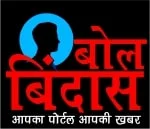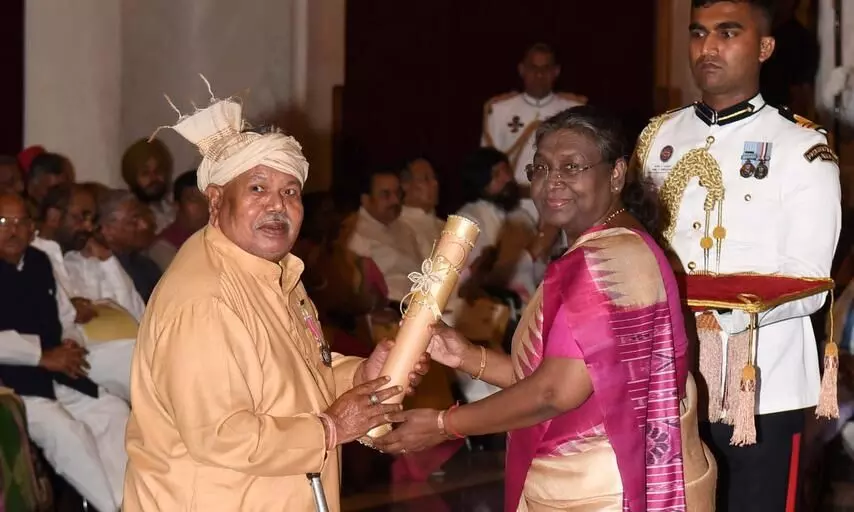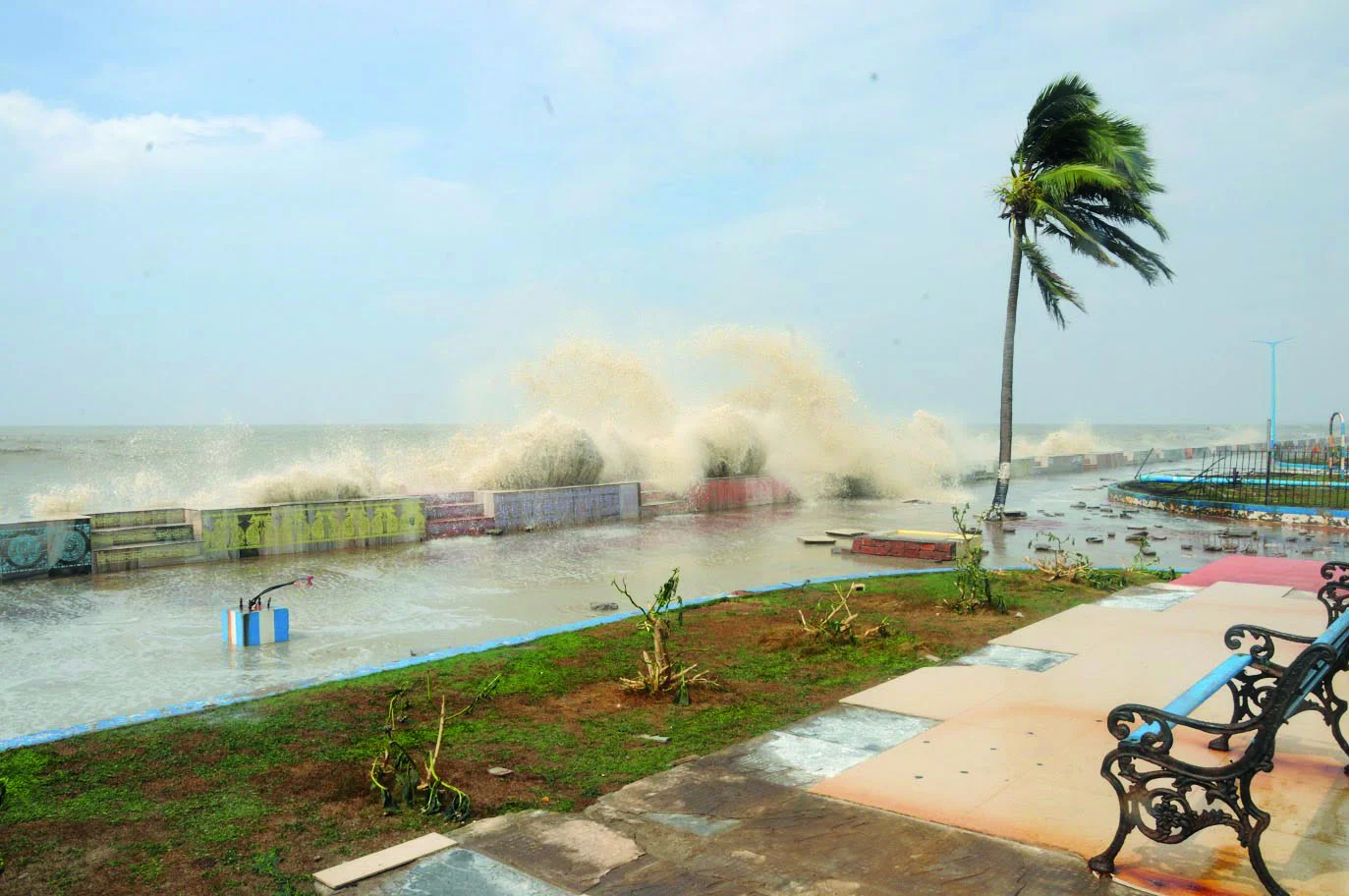Desk। India is looking forward to the upcoming Lok sabha elections. These days are full of political talks and some important socio-political issues have surfaced. Today let us understand about the importance of census and caste census.
Differences between a census and a caste census
Scope of Data Collection
Census: A census aims to collect demographic, social, and economic data on the entire population of a country or a specific geographical area of the country. It covers a wide range of variables such as population size, age, sex, education, occupation, housing, etc., without focusing specifically on the caste.
Caste Census: A caste census, on the other hand, specifically focuses on collecting data related to caste or social groups within the population. It aims to identify the distribution, socio-economic status, and representation of the different caste groups in society.
Purpose
Census: The primary purpose of a census is to provide comprehensive data for planning, policy formulation, resource allocation, and decision-making at various levels of governance. It helps in understanding the overall demographic and socio-economic characteristics of the population.
Caste Census: The main purpose of a caste census is to gather the detailed information on caste-based demographic, socio-economic conditions, and representation to address caste-based inequalities, promote social justice, and design targeted welfare programs and also affirmative action policies.
Data Collection Methodology
Census: Census data is collected through a rigorous and standardized enumeration process conducted by government agencies. It involves conducting household surveys, interviews, and data collection exercises using established methodologies and questionnaires.
Caste Census: Data collection for a caste census may involve additional questions or surveys specifically designed to capture information related to caste identity, social groups, and socio-economic indicators among different caste communities.
Aaj ka panchang: जानिए आज का शुभ और अशुभ समय
Why is the Caste census in India important?
Social Justice
It helps in identifying the socio-economic status of various castes and communities, which is very crucial for formulating policies aimed at uplifting marginalized and disadvantaged groups.
Targeted Welfare Schemes
Data from a caste census enables the government to design and implement targeted welfare schemes and also affirmative action programs to address the specific needs of the different communities.
Punytithi Special: PM Narendra Modi on Veer Savarkar
Representation
It provides insights into the representation of different castes in various sectors such as education, employment, and politics, facilitating efforts to ensure fair representation and opportunities for all sections of society.
Policy Formulation
A caste census helps policymakers in understanding the distribution of resources, social disparities, and inequalities, thus guiding the formulation of more effective policies for inclusive growth and development.
Eliminating Discrimination
By acknowledging and addressing caste-based discrimination, a caste census can contribute to fostering a more equitable and just society where every individual has the equal opportunities and rights regardless of their caste background.
Style with hotness: The Ultimate Guide to Men’s Styling Wear in summer
Overall, a caste census plays a pivotal role in promoting social cohesion and equitable development in India.









